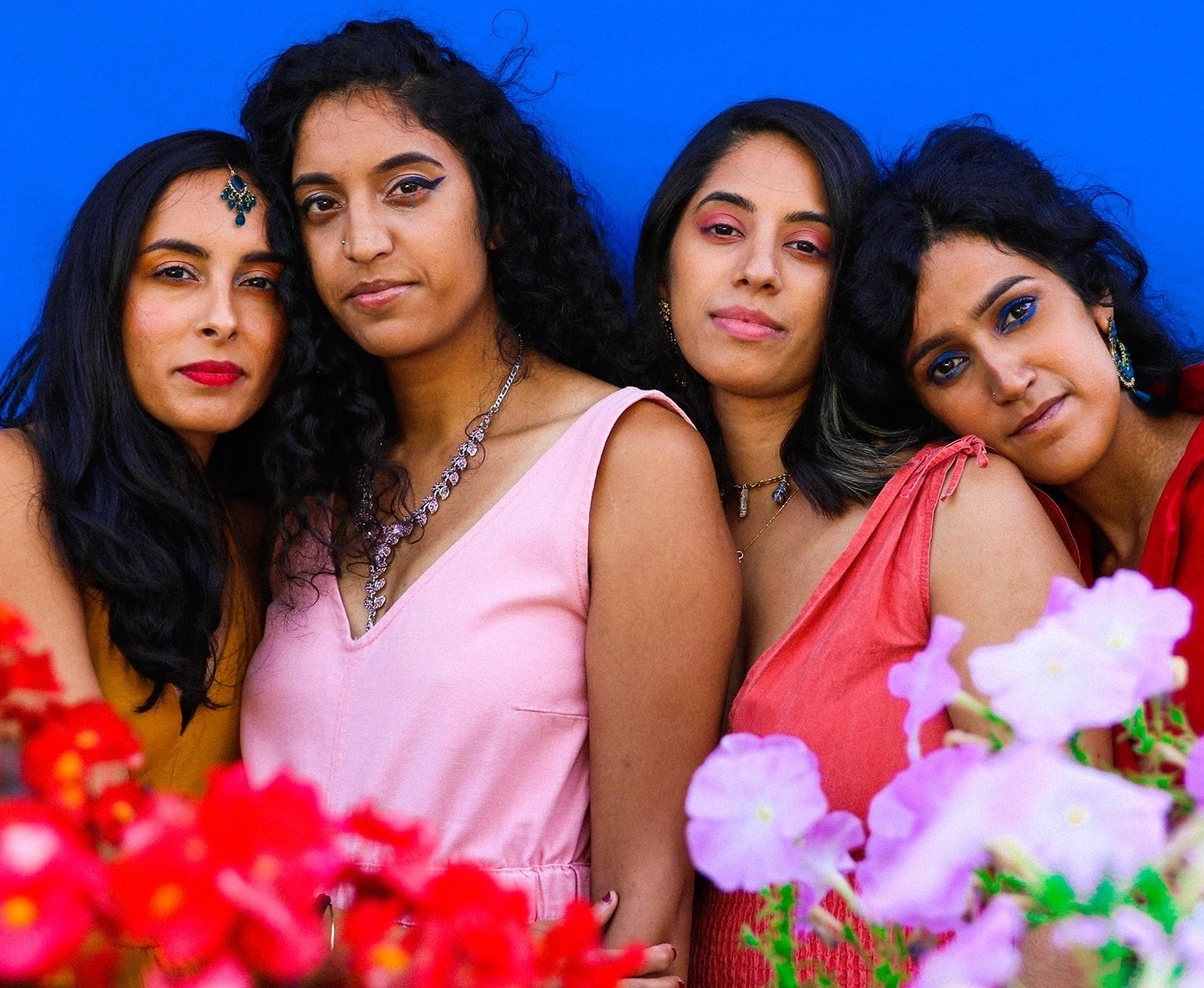4 Brown Girls Who Write is just what it says on the tin: four female poets who published a book and then crowdfunded to bring a show to the Fringe for five nights. Their gig sees them play host to three guest artists: two poets and a punk singer-songwriter. The collective perform a collection of their work, fizzing with a feisty energy that you don’t often see in this city.
Tanaka Fuego is up first. Artlessly self-effacing, he reads his poems from his phone as he has written them so recently. A self-declared transgender man, his work is a succinct and elegant howl of pain about being born in the wrong body. (And about Vincent Van Gogh—but that’s another story.)
Sanah Ahsan has a mischievous sense of fun (and a just aired Dispatches documentary). With a family from Pakistan and brought up in the UK, she writes of being a brown face in amongst a sea of white, a gay girl in a largely heterosexual community, and the resulting deep-rooted discombobulation that she continues to try and shake.
Nadia Javed is more commonly found on stage with her band, The Tuts. She plays punk guitar and sings of not wanting to be mistaken for a feminazi, alongside an ode to Boris Johnson and Sajid Javid. (And check out #solidaritynotsilence.)
Sunnah Khan is a local girl, born and bred in Glasgow. Her majestic paeon of rage, How Now Brown Cow, is catharsis for the day the school support worker sat at her desk in her secondary school English class, as she presumed her brown skin meant English couldn’t be in her comfort zone.
Sheena Patel tells of crass ex-lovers and late night fights with a lovely lyrical grace. Sharan Hunjan writes with a caustic and searing honesty. Roshni Goyate has a wicked sense of fun and uses her poetry to explore cultural appropriation. One poem skips through all the words we use in day-to-day life with a Hindi origin—though most of us have no idea where they came from. Just tickety boo.
If you’re after top quality production values, you might be disappointed: this is pretty rough and ready. But the bravery of this show comes from its giving a voice to communities too often overlooked. For that—and for beautiful, brilliant words—these four brown girls must be saluted.
